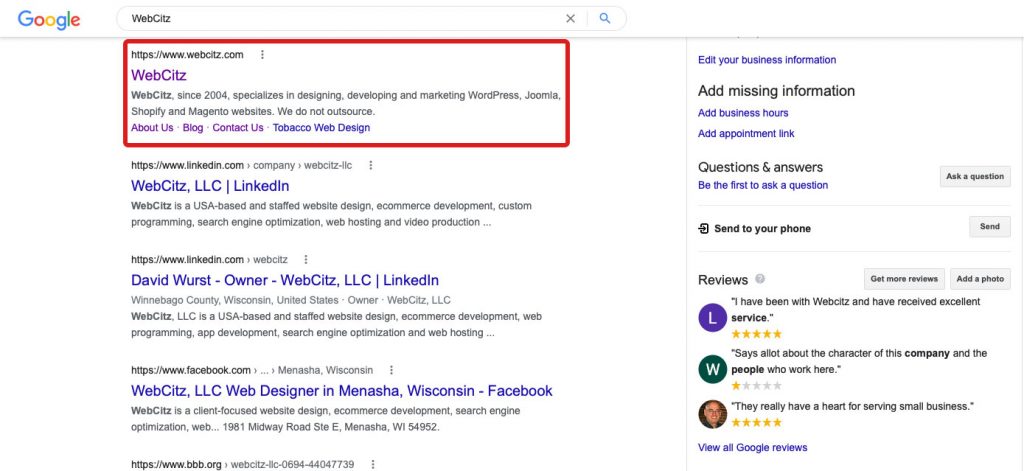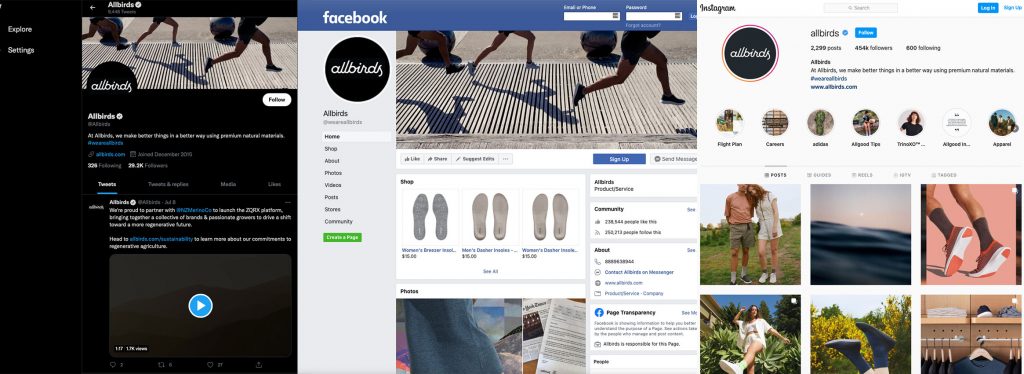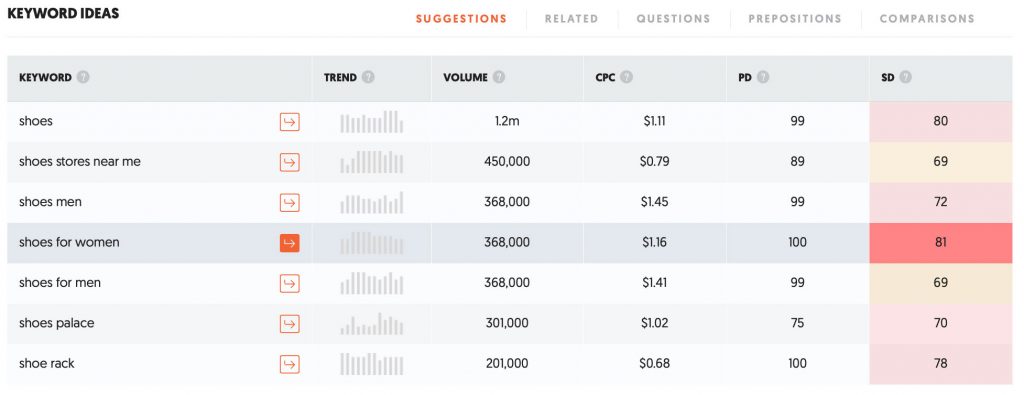You have heard about SEO, but you might not know what it means or how to use it. You’re not alone, as “What does SEO stand for?” is one of the most common (and best) questions from beginners! So let’s take a closer look at this acronym and see if we can shed some light on your confusion…
The Definition of SEO
SEO stands for “search engine optimization”. It is a term used to describe what people do to their websites for an improved ranking on Google and other search engines. There are many different things that can be done, including finding the best keywords, link building, social media shares, and more!
Is There a Correct Way to Do SEO?
The ranking factors that power search engines can be hard to wrap your head around initially, but it’s important for anyone interested in becoming a top online marketer or website owner. To make things slightly more manageable, the ranking factors fall into multiple categories:
- On-page SEO refers to your website’s content. This is what you can control as the site owner, and this category includes meta tags, HTML code optimization, keyword density, URL structure, and more. We put together a whole post for you on How to Write SEO-Friendly Content.
- Off-page SEO involves improving your online presence by building links from high authority websites or social media sites, like Facebook or Twitter. If possible, try to include keywords in the link so that it will be even more beneficial for search engine rankings!
- White hat SEO refers to strategies that help improve your site’s ranking without manipulating the search engine algorithms.
- Black hat SEO tactics are tricks or techniques used by some marketers in order to manipulate search engines into providing higher rankings for their websites. These could include using automated software programs or buying links from other webmasters. This strategy is frowned upon by Google, which is why it can lead to ranking penalties or having your website banned from Google entirely! It also has the potential to hurt you when competing with white-hat marketers who abide by ethical practices.
- Grey hat SEO is a bit of an ambiguous term. It refers to strategies that are slightly against Google’s rules, but not illegal, such as cloaking and keyword stuffing. Most SEO experts fall into this category.
Why Does My Site Need SEO?
One of the most important things for any website is search engine visibility. You want people to find your website when they’re looking around online! The more visitors you have, the better chance you’ll convert them into customers or subscribers who will come back time and again.
This is why SEO is such a large market and so important to get good at!

How to Get Started with SEO?
With an improved knowledge of SEO, it’s now time to increase your site’s ranking! But before we get started, it’s important to note that SEO is not like flipping a switch and seeing immediate results.
When you start doing SEO work, be aware that the changes in search engine rankings won’t happen overnight because Google’s algorithm takes time to learn and adapt to your changes.
Here are four steps if you’re just starting an SEO campaign:
1.) Concentrate on user experience
The search engine considers a number of factors, including your site’s speed, bounce rate, and click-through rates. As such, a poor user experience will get you nowhere with Google in the rankings.
Work closely with your development and design teams to develop interfaces that provide users with rock-solid UXs – ones which are streamlined, pleasant on the eye, and interactive without being intrusive or overwhelming.
2.) Build a social media presence
Social media plays an important role in SEO, which is why it’s so essential to have a strategy for this aspect of digital marketing. Bing uses various signals (such as Facebook likes and Twitter followers) in its ranking algorithms – but that doesn’t mean you should rely solely on the number of social shares your content receives, as you need to focus both on quantity and quality if you want real results!
There are a slew of social media networks for you to sign up on, but in order to increase your visibility and brand recognition, it’s important that you create accounts with the big ones. These include Facebook, Twitter, LinkedIn (for more professional endeavors), and Instagram.

3.) Build strong off-page SEO
Off-page SEO refers to the amount of “link juice” you can earn from external sites, which is basically the amount of links pointing to your website from other high-quality websites. Doing this will really separate your site from the competition.
In fact, you could argue that links and authority are the backbone of SEO (and people do). They’re one of the most important ranking factors when it comes to search engines, so try your best to earn relevant links from other websites that are respected by Google.
4.) Start with the ‘low hanging fruit’
Keyword research is essential for any website attempting to rank well or bring in large amounts of traffic from search engines like Google.
When conducting your research, it’s best to focus on keywords that will be easy to rank for. This is the case for long-tail keywords, which are search terms of over three words. Although these search terms get fewer searches per month, there are less websites actively targeting them, which means you’ll have an edge.
As SEO is a long process, it’s a good idea to start with the easy keywords, and then move onto the harder ones once your website has more authority.

What Should I Consider Before Getting Started?
Before starting any optimization efforts, it’s important for you to evaluate both your target market and your business objectives. This will help you figure out the best way to use SEO for your purposes and what things are most important to focus on.
What Should I Do After Optimizing My Site?
After going through all of these steps, it’s time now to monitor how everything is working! You can either continue monitoring manually or look into a service that does this automatically, like Moz Pro (which also has many other benefits).

Final Thoughts on SEO Basics
In conclusion, SEO stands for “search engine optimization”, and is one of the many strategies you can use to increase your site’s ranking on search engines. However, it’s important to remember that it takes time for Google and other search engine algorithms to learn about changes made by marketers – so be patient while also being persistent!